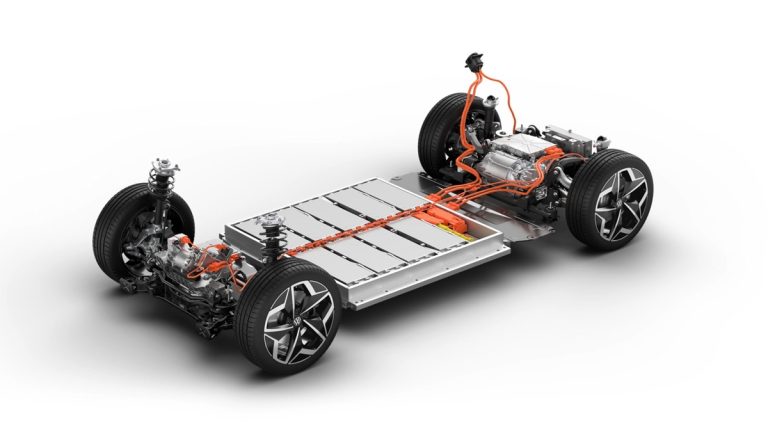The advent of electric vehicles has dramatically transformed the transportation industry, offering a more sustainable and environmentally friendly alternative to traditional gasoline-powered cars. The key to this revolution lies at the heart of electric vehicles: car batteries. With technological advancement and continuous innovation, new automotive batteries with improved energy density and faster charging capabilities are being developed, promising to further revolutionize the electric vehicle industry. These advanced batteries can provide longer driving ranges, shorter charging times, and increased affordability, making electric vehicles more practical and attractive to consumers.
The innovative leap in automotive battery technology
Companies and researchers around the world are investing in developing new types of batteries. For example, Toyota aims to launch a car by 2027-2028 that can travel 1,000 kilometers and recharge in just 10 minutes, while Chinese manufacturers are exploring the use of cheap sodium-based batteries. Meanwhile, an American laboratory is developing a “dream cell” that is partly powered by air. These innovations are fueled by the growing market for electric vehicles, with more than a dozen countries announcing that all new cars must be electric by 2035 or earlier. However, the development of advanced automotive batteries must meet many requirements, including energy density, acceleration ability, fast recharging, long life, wide temperature range, safety, and affordability.
Breakthroughs in battery technology
An important breakthrough in battery technology is the development of a new high energy density lithium-ion battery system using small silicon particles and gelatinous polymer electrolytes. This new technology could allow electric cars to travel a distance of about 1,000 kilometers on a single charge, thus addressing a “common concern” faced by many electric car users. The new gel electrolyte system demonstrated an approximately 40% improvement in energy density compared to conventional batteries. The researchers believe this method has the potential to revolutionize energy storage systems and enhance the energy density of future batteries, which could allow electric vehicles to reach a range of up to 1,000 kilometres.
The promise of solid-state batteries
Another promising technology in the battery industry is solid-state batteries. Companies like Toyota, Volkswagen, and several Chinese companies are developing solid-state batteries, which promise more power and greatly improved range for electric vehicles. Despite challenges in the development process, such as the need for a dry chamber, concerns about contamination, and the risks of lithium reacting with water, solid-state batteries represent a potential future high-performance battery technology for electric vehicles. However, more research and development is needed to address issues such as dendrites in the anode that currently hinder the development of solid-state batteries.
As automotive battery technology continues its rapid development, the future of electric vehicles looks promising. New automotive batteries with improved energy density and faster charging capabilities represent a major advance in sustainable transportation technology. It has the potential to reduce greenhouse gas emissions and environmental impact, making it a key driver in accelerating the shift towards electric vehicles and achieving a more sustainable future for transportation.

